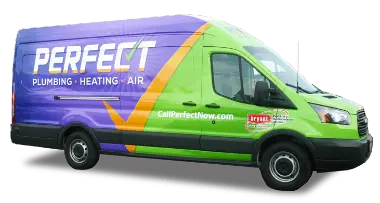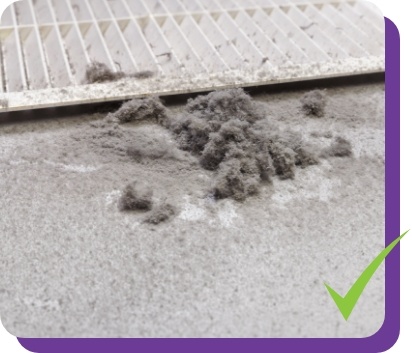Perfect, Plumbing Heating & Air provides indoor air quality services in Boise, ID. According to the EPA, indoor air typically contains 2 to 5 times as many contaminants as outdoor air. Sometimes, it’s more than 100 times higher. Considering how much time you spend in your Treasure Valley home, you need indoor air quality services to detect poor ventilation and high humidity levels, two main contributors to poor indoor air. In addition, IAQ testing can give you peace of mind and help you determine cost-effective ways to improve the air you breathe daily. Count on our HVAC company for top-notch IAQ testing and indoor air quality solutions.
What makes our team stand out in Boise:
- BBB accredited with an A+ rating
- 2023 NextDoor Neighborhood Fave
- 2023 Angi Super Service Award
- HomeAdvisor Top Rated



